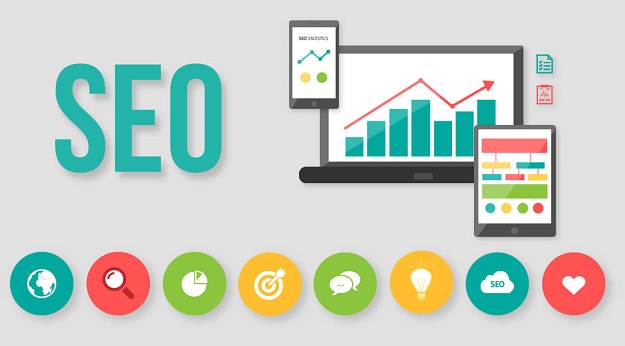Search engine optimisation is constantly changing. The algorithms used by the search engines keep getting smarter and smarter. It’s becoming more difficult to trick them with outdated tactics like link farms. To keep up with the latest trends you need to know new techniques on On-page SEO and this company is an expert in this field
However, because the search engines are getting tougher to fool, many people focused on SEO are forgetting something very important.
1. Search Basics Still Matter
The basics still matter. Google themselves say so in their “How Search Works” report. The report states that the most basic signal for ranking is the appearance of the searched for keyword appearing on the web page. It specifically states the body of the text as well as the headline.
Yes, Google, the dominant player in the search engine game, still crawls websites for keywords. This means old school basics like keyword density matter.
While the basics will no longer automatically get you a top ranking, thanks to increased competition, you’re really hurting your rankings if you don’t follow them.
This means you should do the following with your main keyword:
* Place the keyword in the title of the page (using an H1 tag. A lot of site building software, like WordPress for example, do this automatically.
* It also needs to appear in the body of the text multiple times and definitely in the first one hundred words.
* The keyword should appear in at least one H2 tag.
* Be sure to include the keyword in at least one link on the page.
* Include it in the meta description of the page.
Check out the results on almost any competitive keyword and you’ll see an exact match in the top results.
2. Internal and External Links
A vastly underrated but incredibly important search engine optimisation tactic is the linking structure of your entire web site. More specifically, how you use internal links.
Internal links play a big role in how search engines rank sites. With every piece of content you create you need to be linking to other relevant articles on your site. There are even plugins for site platforms like WordPress to help you automate this process.
Many people hesitate to link out to other sites because they don’t want to lose that traffic. However, links are the backbone of the internet and the search engines know that. It’s important, where appropriate, to include relevant links to other web sites.
Another trick with the external links is to include at least one external link that points to a site that the search engines consider an authority on the topic.
There was a study by Reboot Online that confirmed the fact that external links will help your search engine rankings. You can check it out athttps://www.rebootonline.com/blog/long-term-outgoing-link-experiment/
3. The User Experience Matters
Even if you are lucky enough to get a top ranking, you might not be able to keep it unless your content is high quality. This is because the experience of the searcher matters.
The search engines call it ‘bounce rate.’ This basically means if someone clicks on your site in the search results and then quickly goes back to the search engine results, this is a signal to the search engines that you did not give them the information they wanted on their search. Your content did not provide them the answer they wanted.
Search engines do not want sites in their results that do this. If searchers are unhappy with the results of their search, they’ll go look on another search engine. In order to stay in business, ultimately the search engines must satisfy the searchers.
This means the amount of time a searcher stays on your site matters to the search engines. The longer someone stays the stronger a signal this sends that you are providing high quality content.
4. Site Speed Is Important
Yes, the speed of your web site matters. Why? Similar to the ‘bounce rate‘ discussed above, the search engines don’t want a site in their rankings that has someone click through, and then abandon the site because it took too long to load.
Site speed has become a more important ranking factor. A slow site will really hurt your search engine optimisation efforts.
5. Structure Your URL For The Search Engines
The structure of your URL is important. But it’s simple to do. Include the keyword in the URL and keep the URL short. For example, the default URL in WordPress is the title of your page or post. But in many cases that can be pretty long. Be sure and change that so it’s short. You don’t want http://mysite.com/this-page-is-about-awesome-keyword-tips. Try something more like http://mysite.com/-awesome-keyword-tips
6. Optimize Your Title Tag
This was mentioned above but it’s so important it needs to be a separate tip all by itself. The title tag is where everything begins. It helps the engines determine the structure of the content in terms of the topic.
When it comes to the title tag, be sure and place the keyword as close to the beginning of the title as possible. Make it the first thing in the title if at all possible. Instead of “The Complete Guide To The X Diet” try “The X Diet – The Complete Guide.”
7. Modifiers For The Title Tag
What are modifiers? Words like best, guide, tips, review or new. This can help capture a lot of long tail keyword traffic that may be easier to rank for because it doesn’t necessarily have a lot of searches so it’s less competitive than the high volume keywords.
Follow these 7 tips for on-page SEO and you’ll be well on your way to getting ranked in the search engines.

